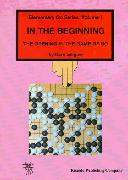
with the very first moves of the game. This@is the first book
on the opening that every beginner should study.
 |
Covers the principles and methods of opening play starting with the very first moves of the game. This@is the first book on the opening that every beginner should study. |
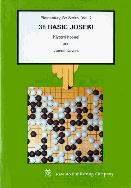 |
38 Basic Josekiis the first joseki book that every kyu player should read. It gives an overall view of this vast field, after which you can profitably begin your study of the more advanced books on joseki, such as Ishida's three-volume Dictionary of Basic Joseki and the three-volume series Get Strong at Joseki. |
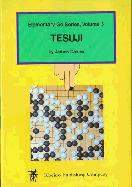 |
Tesujis are the tactics of infighting, and here are over 300 examples and problems aimed at training the reader to spot the right move in any situation. |
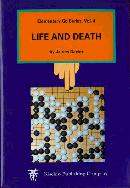 |
The basics of life and death. Over 200 examples and problems, teaching the beginner how to kill the opponent's stones and make his own live. |
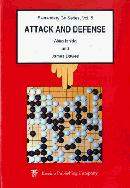 |
The authors lay down a few clear principles, then go through a wealth of examples and problems from professional play, giving you a thorough grasp of how to choose strategy, how to execute dual-purpose attacks, how to force your opponent into submission or cooperation, how to invade and reduce territorial frameworks, and when to fight a ko. |
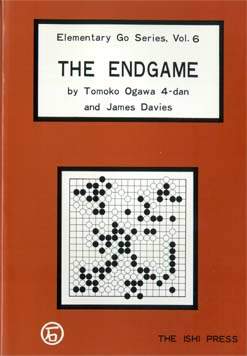 |
The basic skills and strategies of the endgame, using problems, examples, explanatory sections, and actual games. |
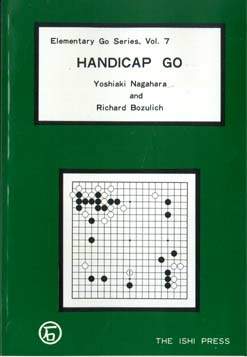 |
How to use the handicap stones efficiently by playing for influence and how to turn this influence into territory. Principles are emphasized and example games show how these principles are put to use. The book ends with 37 problems, giving the reader practice in applying the principles learned. |